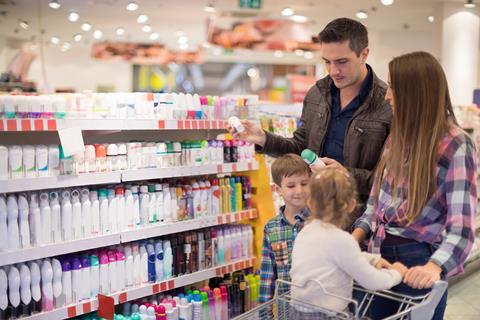
The personal hygiene category is enjoying the sweet smell of success. That’s thanks to this year’s performance from deodorants. They’ve grown volumes by 6.7%, more than mitigating the 6.5% decline we reported last year, to be worth an extra £58.5m.
That gain, alongside an extra £3m from pricier shower products, has limited the wider category’s loss to just £2.2m.
Key to the rise in deodorant sales has been Unilever, which this year ramped up activity across its Sure, Lynx and Dove brands. They’ve shifted an extra 7.9 million units, finishing the year £35.3m better off.
It follows a wealth of premium NPD, including Sure Nonstop Protection with a 72-hour protection promise and Sure Maximum Protection, which vows to keep the user dry for 96 hours.
Dove and Lynx are also been upgraded – the latter via its new Epic Fresh line. As well as 72 hours’ defence, it boasts “a boldly masculine scent with marine and fruity notes”.
Monique Rossi, Unilever deodorants & gifting lead, explains: “Fragrance is one of the biggest need states in deodorant. It’s for this reason we are leading a revolution in the category and tapping the need for fragrance-led innovation.”
Being planet-friendly is another big focus for the supplier. “Making our products as sustainable as possible is a huge priority for us,” Rossi adds. Most Dove cans are already made from 25% recycled aluminium, and Unilever has “plans to step up” its use of the material across deodorants.
In the meantime, Dove’s Men+Care subbrand has moved from a 250ml to a 200ml can, cutting aluminium use and removing propellant gas while maintaining the same level of antiperspirant.
Unilever’s far from alone in being green-minded. Deodorant challenger Fussy, for instance, is working to eliminate single-use plastic from the category. To fund its ambition, the brand raised £1.4m from the crowd in October – double its £700k target.
That achievement is illustrative of the huge interest in sustainability across personal care. See also the £297.1k secured by refillable toiletries brand Love Ocean in the summer, after seeking a £150k crowdfunding boost via Crowdcube.
In fact, “demand for sustainable products is higher than ever”, says Emma Heathcote-James, founder & CEO of Little Soap Company, which offers “natural, organic, affordable soap”. She points to the brand’s listings this year for its Our Naturals range in Morrisons, Asda, Waitrose and Sainsbury’s. They show “retailers have realised customers want to make the switch to more natural products, but at more affordable prices”, she adds.
It’s what Baylis & Harding is banking on, as it looks to recoup a £3.1m loss, driven by a declining liquid soap sector in the wake of Covid. The brand ramped up sustainability efforts in August with a refill range in one-litre and two-litre formats, in two fragrances.
Sweet Mandarin & Grapefruit and Jasmine & Apple Blossom “not only contribute to protecting the planet, but also provide great value for our customers”, said B&H head of marketing Katie Blythe at the time.
Better value
While suppliers ramp up their efforts in sustainability and fragrance, they also must tackle a more immediate issue. That is, of course, the cost of living crisis.
Offering value and quality is crucial as shoppers look to streamline their personal hygiene choices, insists Heathcote-James. “Simple beauty routines are a priority. Overconsumption is out; simplification is in.”
It’s with this view that Little Soap Company is stressing its pocket-friendly nature. “Our multi-award-winning Eco Warrior bars are functional and replace three to five bottles in the bathroom per bar, making them as cost-effective as they are planet-friendly.”
However, the cost of living crisis is not just causing shoppers to buy cheaper products. An increasing number of people are finding they can no longer afford essentials at all. A study of 500 teachers, commissioned last year by The Hygiene Bank and its retail partner Boots, found 69% had observed children with poor hygiene because their parents didn’t have the money for basics such as soap and deodorant.
It’s why retailers are upping their focus on value. Take Boots. In September, it unveiled 60 value personal care products, with prices ranging from 50p to £1.50. This followed the a freeze on prices on over 1,500 of own-label products until the end of the year.
“We want customers to feel reassured that the prices of a large selection of health and beauty favourites will be staying the same,” said Boots chief customer & commercial officer Steve Ager.
There was a similar message from Superdrug in May, when it recruited anti-poverty campaigner Jack Monroe to promote its ‘Shop Smart’ push and froze the price of 130 “everyday essential” own label lines for a year, including personal care items.
Initiatives like these could help Brits make a clean break from hygiene poverty.
Top Launch 2022
Sure Nonstop Protection | Unilever
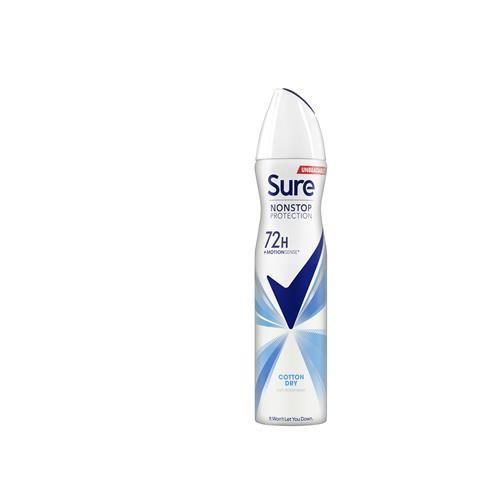
Unilever has gone high-tech with its deodorant portfolio – the most prominent example being Sure Nonstop Protection. Unveiled in March, it’s part of Sure’s “biggest upgrade in antiperspirant technology in 30 years”, according to the supplier. It promises defence from sweat and odour for a whopping 72 hours, by forming a powerful layer that reduces the flow of sweat on to the underarm surface. Plus, proprietary MotionSense tech releases bursts of fragrance as the wearer moves.
The Grocer Top Products Survey 2022: How can brands stay in focus?
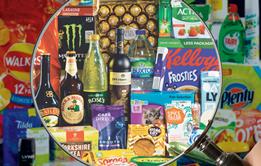
Commodity price hikes, the war in Ukraine and inflation have changed the way Brits shop in the past year, while also piling pressure on suppliers and retailers. Which brands and categories have negotiated the system shock best?
- 1
- 2
- 3
- 4
- 5
- 6
- 7
- 8
- 9
- 10
- 11
- 12
- 13
- 14
- 15
- 16
- 17
- 18
- 19
- 20
- 21
- 22
- 23
- 24
- 25
- 26
- 27
- 28
- 29
- 30
- 31
- 32
- 33
- 34
- 35
- 36
 Currently
reading
Currently
reading
Personal care – hygiene 2022: Deodorants bounce back from Covid decline
- 38
- 39
- 40
- 41
- 42
- 43
- 44
- 45
- 46


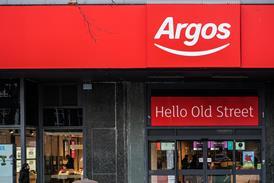




















![Cheese ]GettyImages-664658023](https://www.thegrocer.co.uk/Pictures/80x50/1/8/6/282186_cheesegettyimages664658023_540979.jpg)













































![Cheese ]GettyImages-664658023](https://dmrqkbkq8el9i.cloudfront.net/Pictures/80x50/1/8/6/282186_cheesegettyimages664658023_540979.jpg)




























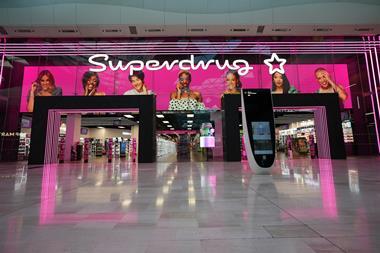
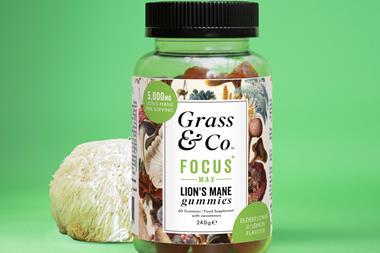
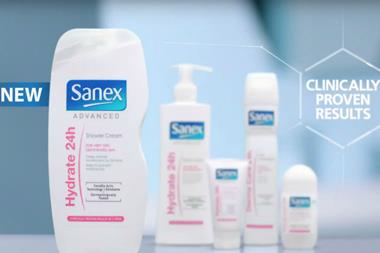
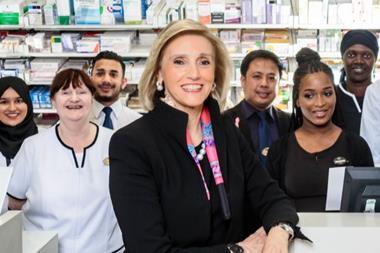
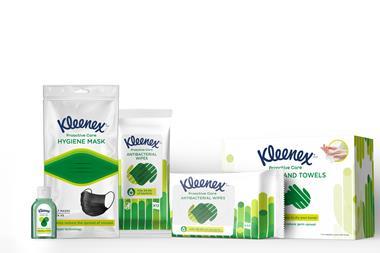
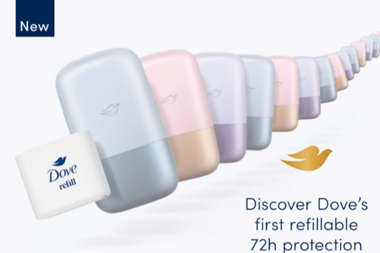






No comments yet